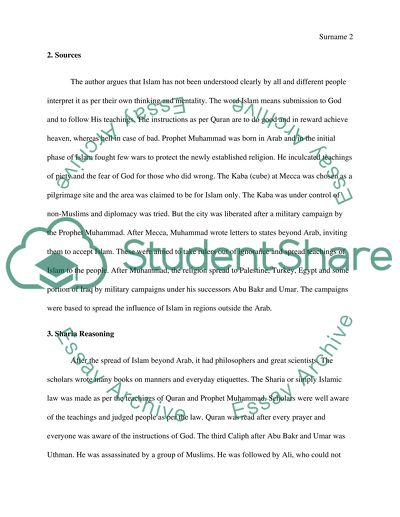Cite this document
(“Review paper on Kelsay, John. arguing the just war in islam Book Report/”, n.d.)
Retrieved de https://studentshare.org/history/1593142-review-paper-on-kelsay-john-arguing-the-just-war-in-islam
Retrieved de https://studentshare.org/history/1593142-review-paper-on-kelsay-john-arguing-the-just-war-in-islam
(Review Paper on Kelsay, John. Arguing the Just War in Islam Book Report/)
https://studentshare.org/history/1593142-review-paper-on-kelsay-john-arguing-the-just-war-in-islam.
https://studentshare.org/history/1593142-review-paper-on-kelsay-john-arguing-the-just-war-in-islam.
“Review Paper on Kelsay, John. Arguing the Just War in Islam Book Report/”, n.d. https://studentshare.org/history/1593142-review-paper-on-kelsay-john-arguing-the-just-war-in-islam.


